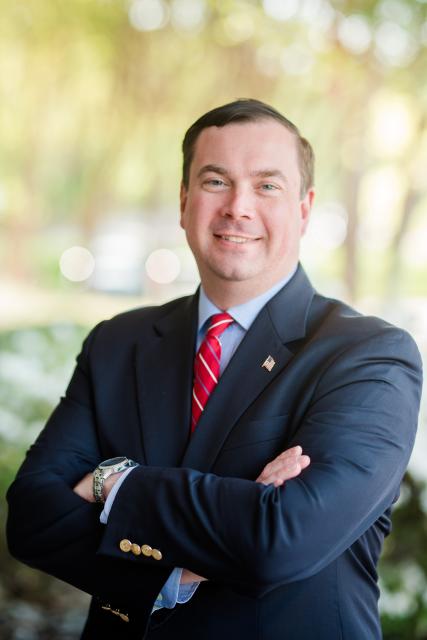Personnel Changes, Policy Shifts
Legislative Update - March 2022
When an electoral outcome changes the partisan control of an executive office or legislative body, the policy differences manifest most acutely in the laws passed or thwarted. Our country and our Commonwealth have seen both play out over the last two years as President Biden, a Democrat, followed four years of a Republican Administration, and Republican Glenn Youngkin became Virginia’s Governor after eight years of Democratic executive reign. Distinct policy differences, including complete 180-degree reversal of positions on key issues, are now the norm when changes in partisan control take place.
While those divergent beliefs and accompanying actions are most visible in speeches, stances on legislation and direct executive action, just as important are the selections made by the executives on personnel. Here in Virginia, Governor Youngkin has already clashed with the Democratic controlled Senate who rejected his selection for Secretary of Natural and Historic Resources, Andrew Wheeler. A previous EPA Administrator under President Trump, Wheeler caught the ire of environmental advocates who believe his past record on energy and the environment would undermine the priorities Democrats had advanced when they had complete control in Richmond. Whether Youngkin will identify a replacement more acceptable to Democrats or simply not as high profile a potential target, whomever takes that role will have a markedly different viewpoint than those who occupied the position under former Governor Northam.
As the saying goes, to the victor go the spoils. Included in that is the ability to set the personnel of government in line with the views of the elected official at the top. At some point, Governor Youngkin will have a new Secretary, charged to oversee the state agencies tasked with overseeing environmental quality and conservation, who shares his views on those matters. The ability to produce policy changes within government is as much about those in the trenches of bureaucracy as it is the more high-profile directives of the person in charge. So it is with our more sprawling federal system.
It is not just in the direct government agencies where personnel changes auger significant shifts in policy direction. Most direct with banking are the changes occurring at the regulatory agencies. Despite the supposed independence of the four main federal regulators of banks, the latest round of leadership staffing decisions marks a sea change from recent perspectives and attitudes. While many terms for these agencies’ highest posts are staggered in attempt to remove partisan regulatory whiplash, early departures and unfilled positions have culminated in an almost wholesale changeover.
The Comptroller of the Currency has lacked a permanent appointee for almost two years. Current Acting Comptroller Michael Hsu took over in May 2021 and immediately reversed course on the OCC’s previous effort on CRA reform and signaled a different approach on the potential of charters for fintech entities. New CFPB Director Chopra is a dramatic departure from the previous leadership, staking out an agenda that emphasizes strict enforcement and penalties, a return to intensified oversight, and a renewed push on small business data collection and overdraft fees (which he termed “junk fees”). At the Federal Reserve, President Biden nominated Board of Governors Chairman Jay Powell to another term and current Governor Lael Brainard as Vice Chair, replacing Richard Clarida. Brainard has been the Fed’s lead on climate risk, economic equality and digital currency, all issues where she is more aligned with the progressive vision of the President than her predecessor or many previous Board governors. With three more Biden nominees for the Board of Governors pending, how this all plays out remains to be seen.
Nowhere has a change in regulatory leadership been more pronounced than at the FDIC. After an internal struggle with the other members of the FDIC Board, which includes Hsu and Chopra, that turned very public, Chairman Jelena McWilliams resigned a year and a half early. Immediately upon taking back the Chair position in the interim, two-time former Chairman Martin Gruenberg laid out a very different set of priorities for the agency than McWilliams and more aligned with the progressive voices in the Administration and Congress – strengthening CRA, a review of the bank merger process, evaluating crypto-asset risks and finalizing the Basel III capital rule.
Legislative proposals and executive edicts catch the headlines when a change in control occurs at the top of the government. Just as impactful – and potentially more so when terms stretch beyond Administrations – are the new voices that enter the arena in positions where the operational and oversight powers reside. Whether at the federal or state level, when personnel change, policy is sure to shift as well. The VBA will continue to engage both elected officials and regulatory personnel on behalf of the industry to ensure our voice is heard, even as those on the receiving end change.

